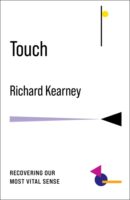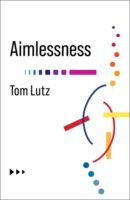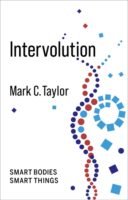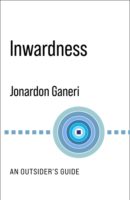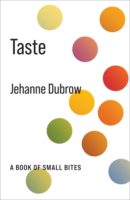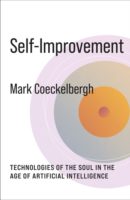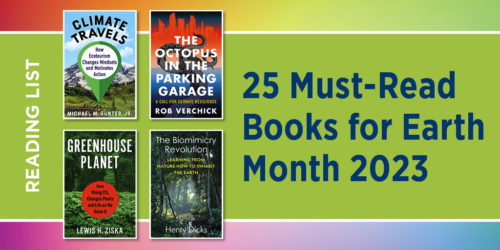Announcing Our 2022-2023 Philosophy Catalog
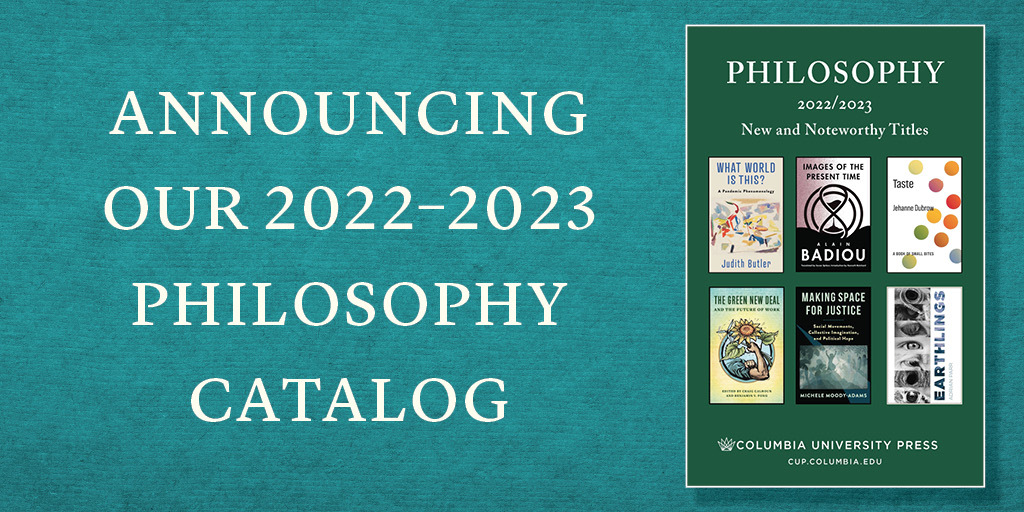
Letter from the Philosophy Editor:
It is with great pleasure that I present the Columbia University Press philosophy catalog for 2022. These titles, which span subjects from critical theory to political philosophy to philosophy of religion, aesthetics, environmental and animal philosophy, philosophy of science, philosophy of gender, and Asian philosophy, reflect the interdisciplinary and global approach of our list and exemplify the innovative and field-changing scholarship that we value.
Perhaps no book could be more timely than Judith Butler’s What World Is This? A Pandemic Phenomenology. Butler argues that the pandemic has challenged our very senses, breath and touch, and our idea of an individual self; she invites us to enter a world of essential interrelationship and to fight for a radical social equality.
An equally relevant book is Michele Moody-Adams’ s Making Space for Justice, which argues that progressive social movements from nineteen-century abolitionism to the civil-rights era to Black Lives Matter were not only agents of revolutionary social change through political activism but also through deep moral questioning of what justice means and how its demands can be met.
Equally critical in this fraught political moment is the global environmental crisis. The Green New Deal and the Future of Work, an exciting new collection edited by Craig Calhoun and Benjamin Fong, makes the case that the environmental and economic crises are one and the same and offers bold new strategies for creating jobs while reducing carbon consumption.
And Adrian Parr’s Earthlings shows us viscerally why all lives on earth matter and how human survival vitally depends on our interdependent relations with other species and ecological systems.
Other exciting new books of note include Images of the Present Time, third in our Seminars of Alain Badiou series, in which the French philosopher explains why it is so important politically as well as intellectually to fully inhabit a real present. In Art and Posthistory, one of his very last writings, beloved philosopher and art critic Arthur Danto, in conversation with Demetrio Paparoni, ranges widely over the terrain of contemporary art, the end of aesthetics, and what it means to live and create in posthistory.
Finally, theorists of any persuasion—political, philosophical, environmental, or literary—welcome some downtime entertainment; for your reading pleasure, please peruse the titles in our No Limits series.
I am confident that you will find much to enjoy and ponder in these pages. My colleagues and I look forward to continuing our dialogue.
Wendy Lochner, Publisher, Philosophy, Religion, Political Theory, Animal and Critical Life Studies
Categories:Book ExcerptCatalogsColumbia University PressPhilosophy
Tags:Adrian ParrAlain BadiouArt and PosthistoryArthur C. DantoBarry SchwabskyBenjamin Y. FongCraig CalhounDemetrio PaparoniEarthlingsImages of the Present TimeJudith ButlerMaking Space for JusticeMichele Moody-AdamsNo Limits seriesSusan SpitzerThe Green New Deal and the Future of WorkWendy LochnerWhat World Is This?

